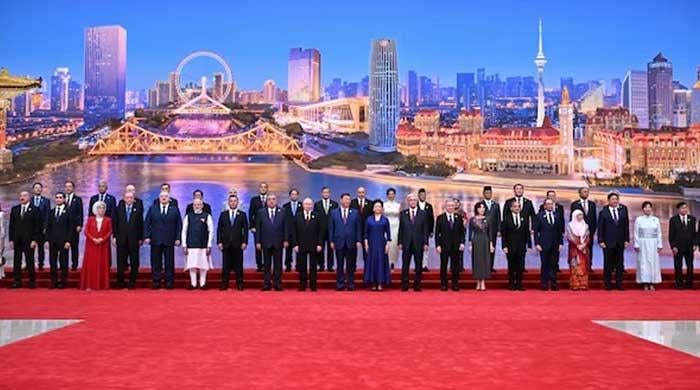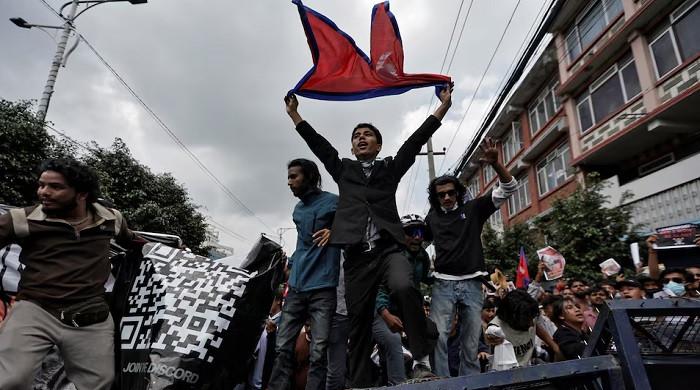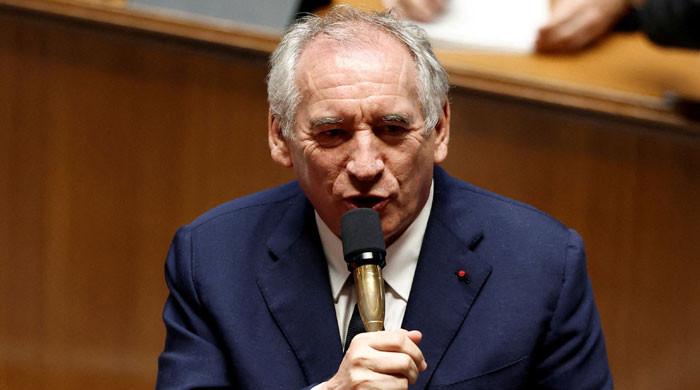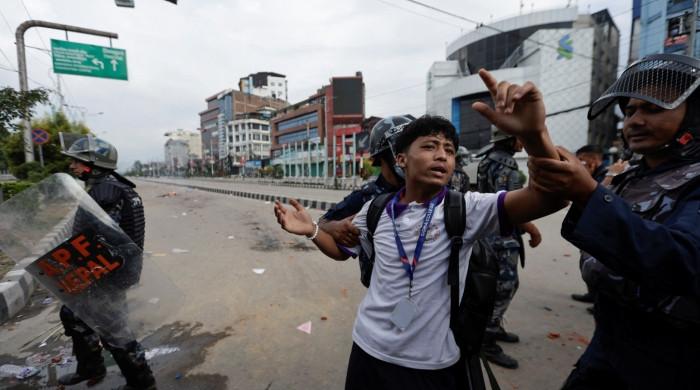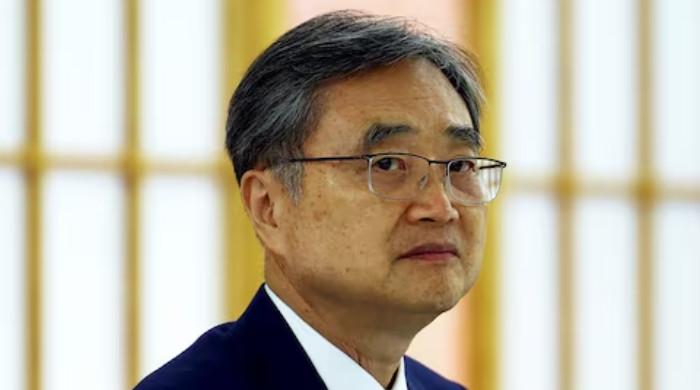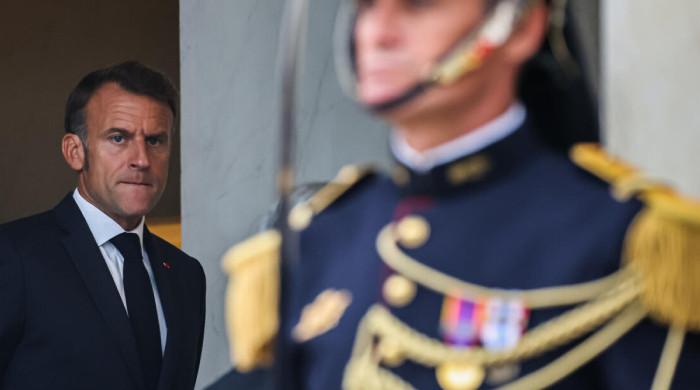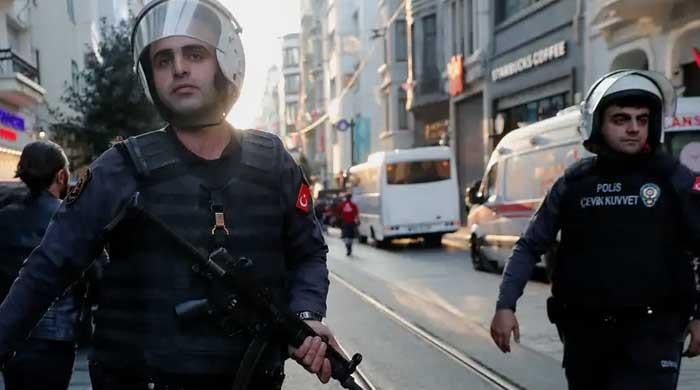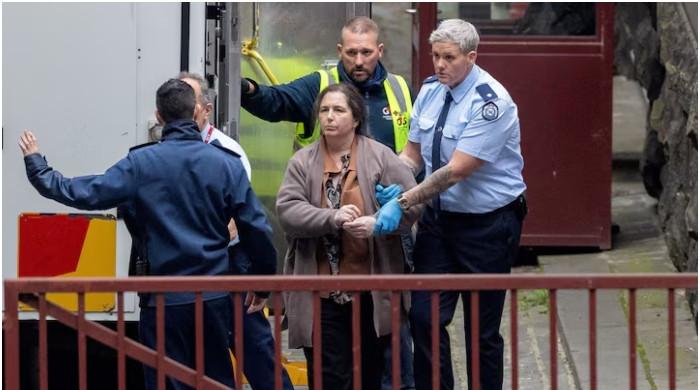India's Modi opens strategic railway in IIOJK
"Today's event is a grand festival of India's unity and firm resolve," says Indian premier
June 06, 2025
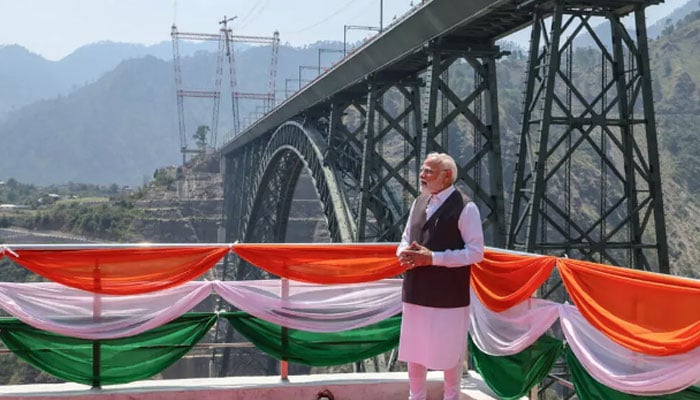
SRINAGAR: Prime Minister Narendra Modi made his first visit to Indian Illegally Occupied Jammu and Kashmir (IIOJK) on Friday since a conflict with arch-rival Pakistan, opening a strategic railway line to the contested region.
Modi launched a string of projects worth billions of dollars for the occupied Muslim-majority territory, the centre of bitter rivalry between Pakistan and India since their independence from British rule in 1947.
Nuclear-armed India and Pakistan fought a four-day conflict last month, their worst standoff since 1999, before a ceasefire was agreed on May 10.
"Friends, today's event is a grand festival of India's unity and firm resolve," Modi said after striding across the soaring bridge to formally launch it for rail traffic.
"This is a symbol and celebration of rising India," he said of the Chenab Bridge which connects two mountains.
New Delhi calls the Chenab span the "world's highest railway arch bridge", sitting 359 metres (1,117 feet) above a river.
While several road and pipeline bridges are higher, Guinness World Records confirmed that Chenab trumps the previous highest railway bridge, the Najiehe in China.
'Our troubles'
Modi called it "an extraordinary feat of architecture" that "will improve connectivity" by providing the first rail link from the Indian plains up to mountainous IIOJK.
With 36 tunnels and 943 bridges, the new railway runs for 272 kilometres (169 miles) and connects Udhampur, Srinagar and Baramulla.
It is expected to halve the travel time between the town of Katra in the Hindu-majority Jammu region and Srinagar, the main city in IIOJK, to around three hours.
The new route will facilitate the movement of people and goods, as well as troops, that was previously possible only via treacherous mountain roads and by air.
Around 150 people protested against the project on the outskirts of Muzaffarabad, the capital of Azad Jammu and Kashmir (AJK).
"We want to tell India that building bridges and laying roads in the name of development will not make the people of Kashmir give up their demand for freedom," said Azir Ahmad Ghazali, who organised the rally attended by Kashmiris.
"In clear and unequivocal terms, we want to say to the Indian government that the people of Kashmir have never accepted India's forced rule."




